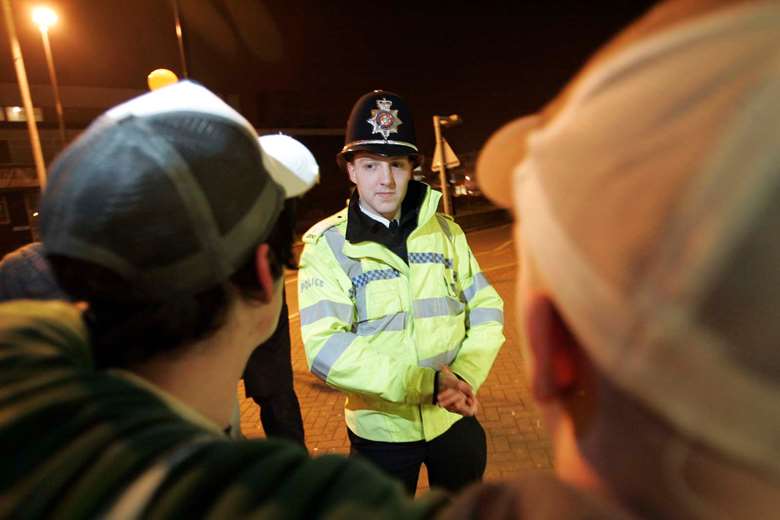Government announces stop and search shake-up
Neil Puffett
Thursday, May 1, 2014
Members of the public will be able to accompany police officers on patrol as part of a raft of measures being introduced by government to overhaul the use of stop and search powers.

Following a consultation launched last July into stop and search, the Home Office has announced it will introduce a “Best Use of Stop and Search” scheme, which police forces can take part in voluntarily.
The government's response to the consultation reveals that participating forces will record the outcomes of searches to discover whether there is a link between the reason for the search and its outcome.
They will also introduce “lay observation policies”, whereby members of the local community can apply to accompany police officers on patrol.
In addition, forces will introduce a stop and search complaints "community trigger" whereby the police must explain to local community scrutiny groups how the powers are being used where there is a large volume of complaints.
The government is to revise a code of practice related to the Police and Criminal Evidence Act to clarify what constitutes “reasonable grounds for suspicion” for a search. This will emphasise that where officers are not using their powers properly, they will be subject to formal performance or disciplinary proceedings.
Meanwhile, an annual review of stop and search powers will be conducted by the Inspectorate of Constabulary, and stop and search training will be reviewed.
Speaking in parliament, Home Secretary Theresa May said she has “long been concerned” about the use of stop and search.
“Although it is undoubtedly an important police power, when misused it can be counter-productive,” she said.
“First, it can be an enormous waste of police time.
“Second, when innocent people are stopped and searched for no good reason, it is hugely damaging to the relationship between the police and the public.”
However, the measures proposed by government have come in for criticism.
Enver Solomon, vice chair of the Standing Committee for Youth Justice, said more needs to be done to shape rules and practice relating to the use of stop and search on under-18s.
“The rules on stop and search need to be looked at to see if there’s any differentiation for how those rules are applied to children,” he said.
“We know a significant number of under-10s are stopped, even though they are below the age of criminal responsibility.
“We need to look at whether there should be a presumption against under-10s being stopped and searched, or whether it should not take place without the consent of an appropriate adult, carer or parent.”
There have been growing calls for changes to stop and search in recent years.
In 2012 a campaign group of 15 youth organisations called on government and the police to radically reduce the use of stop and search on young Londoners.
In London, the use of stop and search fell by 40 per cent over 12 months after the Metropolitan Police pledged in 2012 to ensure it was better targeted and monitored. Despite this, in September 2013, the London Assembly criticised the Met for having an "inconsistent approach", issuing concerns about the "patchy" nature of reductions.




